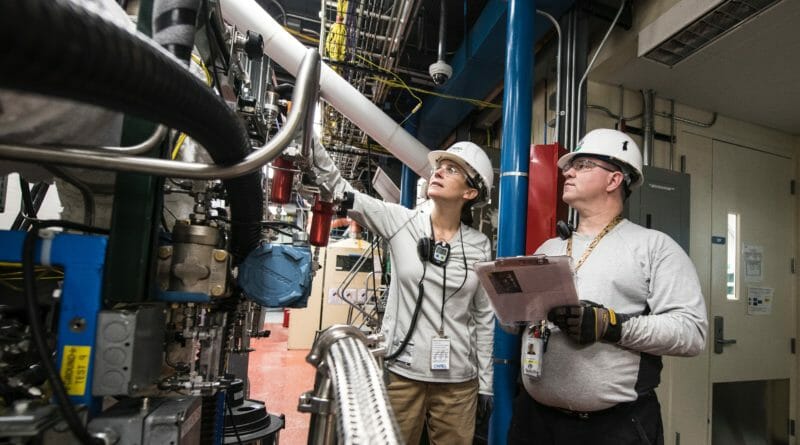Training Incumbent Workers for an Inclusive Economic Recovery
The pandemic has caused a major economic shift for businesses and workers. Countless companies have had to quickly upskill their workers, equipping them with the skills they need to pivot to digital or remote services.
As a result, the importance of efficiently and effectively training and onboarding workers with the right skills for the job has become an increasingly critical.
National Skills Coalition’s latest report: It’s Incumbent on U.S.: Leveraging federal policy to maximize investment in incumbent worker training and business’ pipeline development offers recommendations to Congress on how to address this pressing issue including:
- Creating a new Federal Incumbent Worker Training Fund under the Workforce Innovation and Opportunity Act (WIOA) to provide dedicated resources to states to fund partnerships between employers, education and training providers, and other stakeholders.
- Creating new “21st Century Extension Partnerships,” aligning workforce and economic development strategies. These partnerships should provide technical assistance to small and medium-sized employers, coordinate funded training for businesses in the same industry, and efficiently encourage companies to adopt latest industry methods and technologies.
- Leveraging changes to the tax code to empower private investment in worker training for both new hires and the upskilling of existing workers.
Investing in incumbent workers is a critical layoff aversion strategy for small and mid-sized companies at a time of historic worker displacement and can be a path to better equity in the workforce.
The problem: Current economic and workforce development programs fail to support business engagement in training new or existing workers
Small and mid-sized business leaders often lack the tools necessary to develop a pipeline of skilled workers or upskill incumbent workers. Existing policies, however, fail to address this need.
The U.S. drastically underinvests in workforce policy meant to upskill and train workers already on the job, despite this being an effective and efficient way to connect learning to career pathways. Where we do invest public dollars, polices often lack alignment between economic and workforce development necessary to bring together programs meant to spur business innovation with those designed to help workers benefit from and contribute to that innovation. And finally, public policy fails to scale up or adequately leverage existing private investments in incumbent workers in a way that could maximize what businesses are already spending on their employees.
The solution: Policy change to maximize public and private investment in incumbent workers
Congress has the chance to reverse course and implement key policy changes that would support businesses and workers now and as our nation adjusts to the new realities of the post-pandemic world. Ideally, these policy changes should connect small and mid-sized businesses— particularly those in COVID-19 impacted industries—to public resources and to other companies in the same industry to scale solutions. And Congress must leverage private and public investments to maximize upskilling opportunities for both new and incumbent workers.
Read the full report today for more details on these recommendations.

